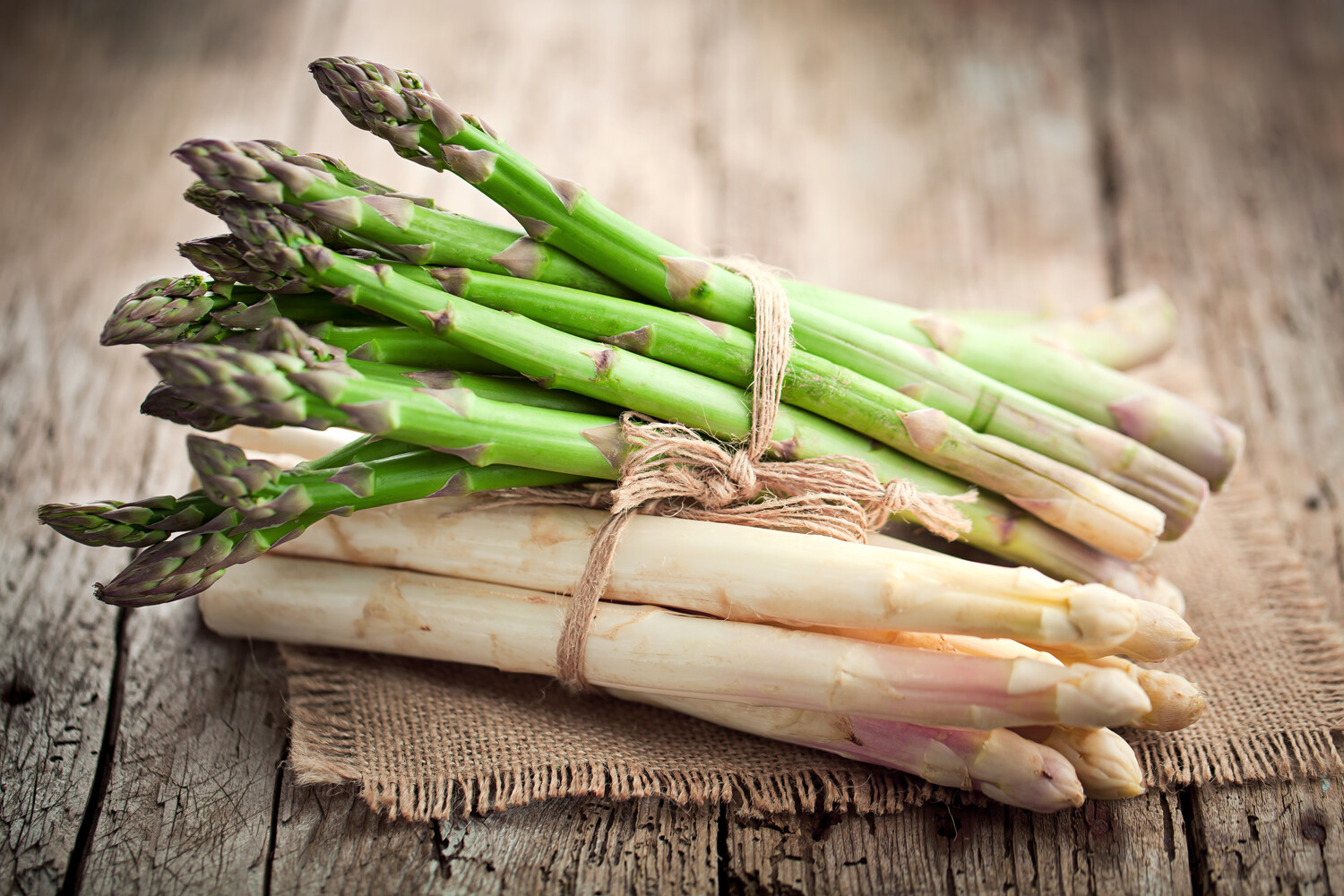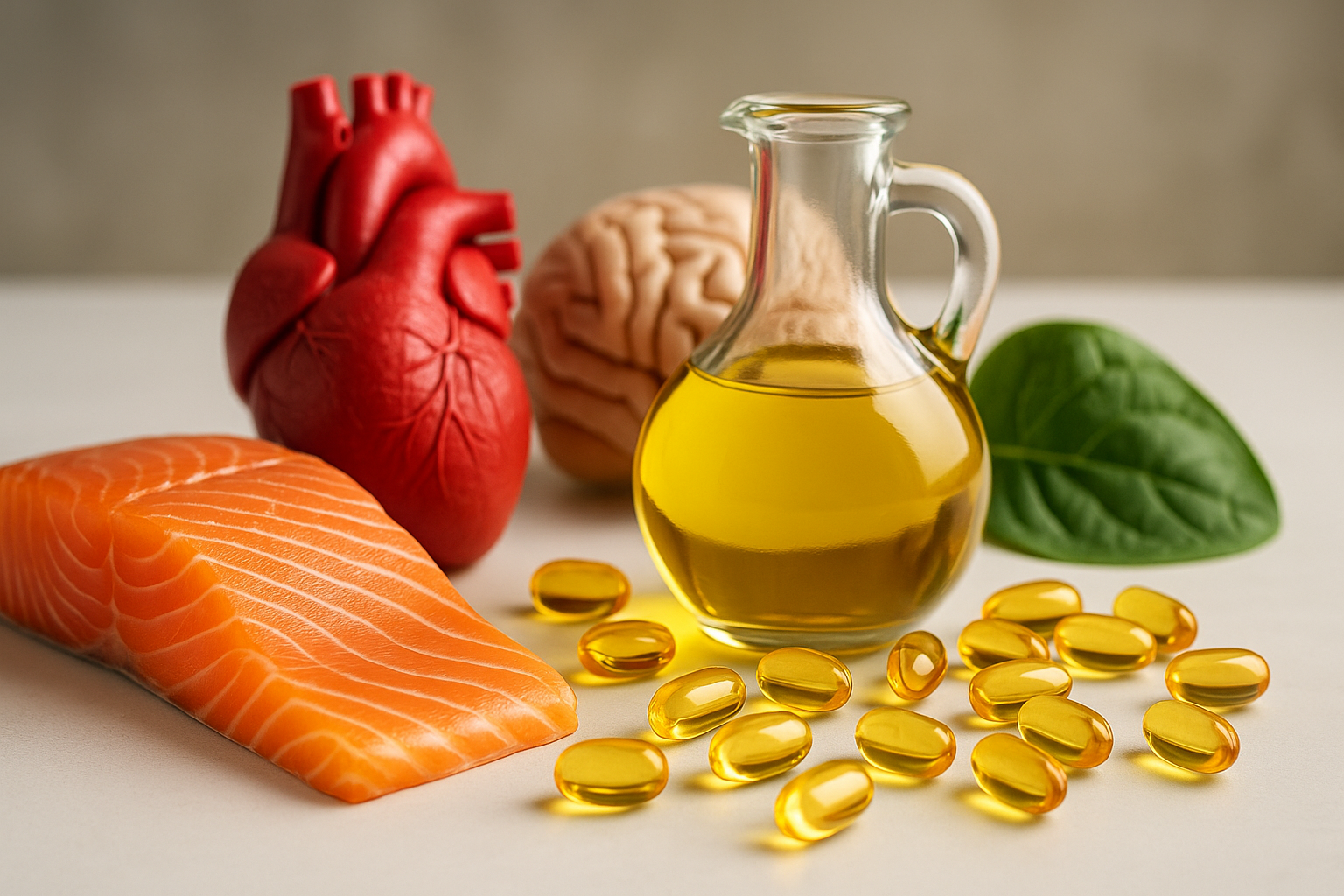
Even the Roman Emperor Augustus and the ancient Greeks appreciated asparagus. According to researchers, the royal vegetable has antioxidant, immunostimulant, anti-inflammatory and antibacterial effects.
The legendary Roman emperor Augustus lived and ruled around the birth of Christ and had a great influence on Roman politics and history. But he was also a real gourmet and known as a great friend of asparagus. For example, all his orders are said to have ended as follows: "... citius quam asparagus coqunatur", which means: The order was to be carried out faster than the asparagus needed to cook. Scholars and gourmets alike wrote treatises on the cultivation and preparation of the vegetable asparagus as early as pre-Christian times. The gourmet Lucullus, known for his impressive meals, proclaimed: "Only he can cook who succeeds in serving up asparagus without any ingredient in the most blissful perfection."
"Augustus was by no means the only ancient celebrity who was fond of asparagus. The ancient Greeks also appreciated asparagus. Doctors like Hippocrates dried the roots and extracted a strong diuretic medicine from them. In China, Greece and Egypt, various wild asparagus species were used thousands of years ago to treat coughs, bladder problems and ulcers. All parts of the plant were used, especially the root, but also the shoots, leaves and berries. And even in the Middle Ages, the stems were used as a remedy and stimulant," says Natura Vitalis founder Frank Felte (www.naturavitalis.de). The company from Essen has long been considered one of the leading manufacturers of natural food supplements and places the highest value on continuous further and new developments of health products on a scientific basis.
Even our vegetable asparagus today was prescribed by doctors until the 19th century, as its Latin name "Asparangus officinalis" (medicinal asparagus) still reminds us today. According to researchers, asparagus has antioxidant, immunostimulant, anti-inflammatory and antibacterial effects, it can increase fertility and prevent or eliminate liver damage. Frank Felte explains why. "Lots of valuable ingredients make asparagus very healthy. Besides the important vitamins A, B, C, E and K, the vegetable contains many minerals such as calcium and potassium. While calcium is important for healthy teeth and bones, for example, the large amount of potassium supports the cardiovascular system. The folic acid in asparagus is involved in numerous metabolic processes in the body. This is ideal for pregnant women. The spring vegetable also contains phosphorus and a relatively large amount of nitrogen, which stimulates kidney activity. Asparagus contains dietary fibre, which is not only filling but also important for healthy digestion and against constipation."
But which asparagus should you eat? Green asparagus is considered to be of even higher quality than white asparagus, as it contains more vitamin C. With one pound of asparagus, we can cover our daily requirement of vitamin C and folic acid, and half of the requirement of vitamin B1 and B2 is met. By the way: until white asparagus was discovered more by chance in the 19th century - people had wanted to protect the asparagus shoots from animals with clay caps, and the lack of light kept the spears white - only green asparagus was on the table anyway. In Germany, asparagus is harvested from around mid-April, and the asparagus season traditionally ends on 24 June.
"Asparagus is also helpful in draining the body, among other things. The ingredients help to prevent diet-induced water retention and eliminate existing oedema. In addition to asparagus, these include hen birch leaves, L-proline, juniper, prune, couch grass leaves, dandelion and agrimony. Also very effective are horse chestnut leaves, red vine leaves and hawthorn flowers. So it's worth indulging in the queen of vegetables. Health promotion can hardly be more pleasurable!" explains Frank Felte.
This text may contain translation errors as the translation was done by an online translation tool.










